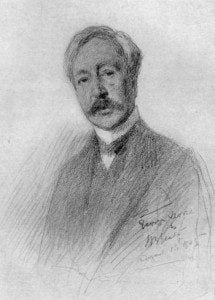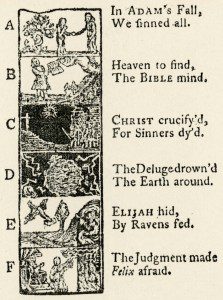Following on from my book The Great and Holy War, I have been working on the religious and apocalyptic aspects of the First World War, and have recently posted on some major popular culture items from that time. I find myself concentrating on 1916, the year of Mr Britling Sees It Through and The Brook Kerith. The religious upsurge of that year when we consider the massively rising casualties, and the seemingly endless nature of the struggle. Barring divine intervention,... Read more

















